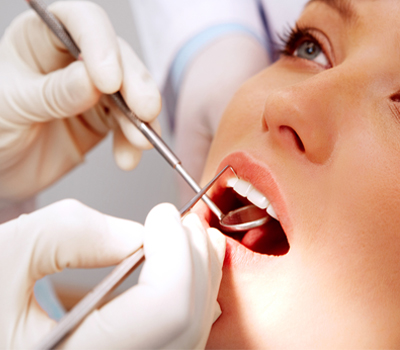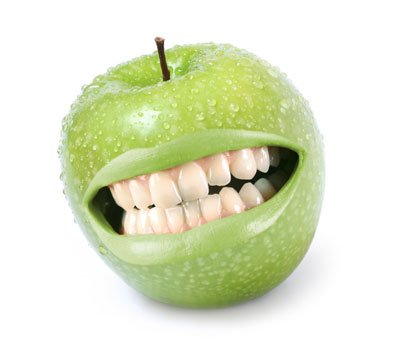As an established orthodontics practice in Grand Prairie, TX, we often get asked about what causes a bad bite. Also known as malocclusion, a bad bite happens when your upper and lower teeth don’t fit together correctly. It is a misalignment problem that can lead to serious complications to your oral health and well-being.
Ideally, your teeth should fit together without any spaces or crowding issues. The teeth in your upper jaw should ever so slightly overlap with your lower teeth so the molars’ pointed ridges fit into the groves of the molars opposite to them. Any deviation is considered a malocclusion and may include: crowded teeth, overbite, crossbite, open bite or underbite.
Here are some of the signs and symptoms that you or a loved one may have a malocclusion:
- Teeth are improperly aligned
- Constant biting of the tongue and/or inner cheeks
- Difficulty or discomfort biting or chewing
- Speech problems
- Mouth breathing
- Changes in the appearance or shape of the face
When the teeth are misaligned, they are unable to perform crucial functions. Proper alignment of the upper teeth is necessary to prevent biting of the lips and cheeks, while proper alignment of the lower teeth prevents you from biting your tongue.
Causes of a Bad Bite
In many cases, a person may have a bad bite because it runs in their family. However, there are some habits or conditions that can alter the structure and shape of the jaw, thus affecting the teeth. Some of the most common ones include:
- Chronic thumb-sucking in early childhood
- Injuries that affect the jaw
- Impacted teeth
- Abnormally shaped teeth
- Mouth or jaw tumors
- Prolonged bottle-feeding
- Prolonged use of pacifier
- Poor oral care
- Cleft lip and palate
- Enlarged tonsils or adenoids
- Mouth breathing
How is a Bad Bite Diagnosed?
A bad bite is typically diagnosed during routine dental checkups/exams. The first dental visit usually involves examining the shape and condition of the teeth and jaws and performing x-rays to evaluate if the teeth are aligned correctly. Should your dentist detect a malocclusion, they will classify the issue based on its severity and type:
- Class 1 – The upper teeth slightly overlap with the lower teeth.
- Class 2 – There is a severe overbite, with the upper teeth and jaw greatly overlapping with the lower teeth and jaw.
- Class 3 – There is a severe underbite with the lower jaw protruding forward, overlapping with the upper teeth and jaw.
Treating a Bad Bite
Dr. Washington has treated many patients with a bad bite. Treatment may include braces to correct the position of the teeth, as well as removal of some teeth if there is overcrowding. We usually recommend the use of Clear aligners (products like Invisalign) especially for patients who want a comfortable and inconspicuous alternative to clunky braces. We also offer accelerated orthodontic solutions for patients who want to fix their smile in the shortest time possible. For more information, please call our office and we will be happy to answer any questions you may have.






